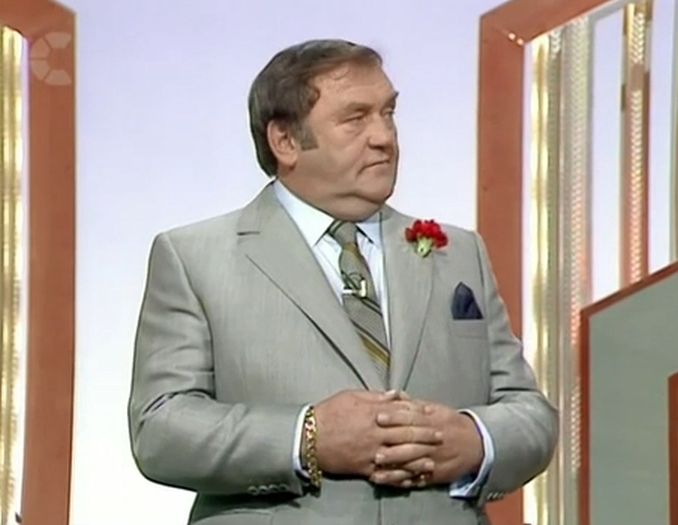
Recently I’ve been watching far too much Blankety Blank (well, it keeps me off the streets). Having exhausted all the available Wogan editions I’ve now moved onto the Les Dawson era.
For those in the UK, Challenge have just begun rescreening a selection of Dawson editions – there’s also a fair few scattered about YouTube.
Blankety Blank was a format tailor-made for Dawson, although there’s nothing he does (mocking the contestants, panellists, prizes, questions, etc) which Terry Wogan didn’t do first. I love Les, but I have to confess that my Blankety Blank heart remains with Terry.
There’s a few little wrinkles I noticed during the Dawson years – most notably now it’s always ladies first and the contestants no longer have a choice of either A or B. That lack of a random factor could be open to abuse (although I find it hard to believe anybody seriously rigged the show). Also, the female contestants tend to be younger (very rare that an old dear pops up).
Below is a link to Les’ first show – complete with the snapping of Terry’s iconic microphone!






